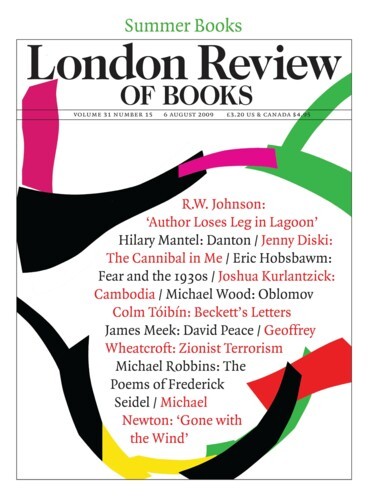On the Fairytale Ending
Begin with the fend-for-yourself
of all the loves you learned about
in story books;
fish-scale and fox-print
graven on the hand
forever
and a tiny hook-and-eye
unfastened in the sweetmeat of a heart
you thought would never grieve
or come undone.
May; and already
it’s autumn: broken gold
and crimson in the medieval
beechwoods, where our shadows come and go,
no darker
than the figures in a book
of changes,
till they’re hexed and singled out
for something chill and slender in this world,
more sleight-of-hand
than sorrow or safekeeping.
Orpheus
Today is all pillar of salt and the sound
of perished footsteps blurring in the wind
a yard away
first here, then somewhere else
entirely, till the thought occurs to him
that turning back has never been an option.
It’s not that far from death. A slow walk home
through meadowlands, the first light hunched and small
and touched with mazarine along the grey
horizon of a world damped down for mourning;
that dream of cemeteries and country roads
where everything is shadow to itself
and nothing is complete: the earth, the sky,
the presence at his back he cannot see
all otherness in waiting, pale as tallow;
and, thankful for a loophole in his grief,
he hurries on, as if he would outrun
the phantom he redeems, a darkened waif
concealed within the woman he has lost
so long before he looks, he barely sees
the pity in her face, the bright surprise,
the fog that takes her, gently, like a husband.
Send Letters To:
The Editor
London Review of Books,
28 Little Russell Street
London, WC1A 2HN
letters@lrb.co.uk
Please include name, address, and a telephone number.

